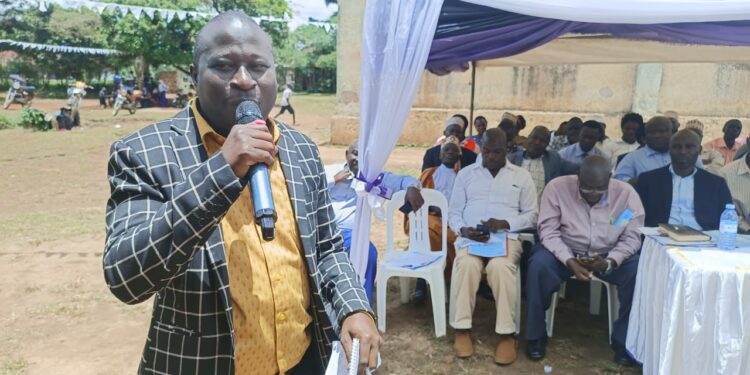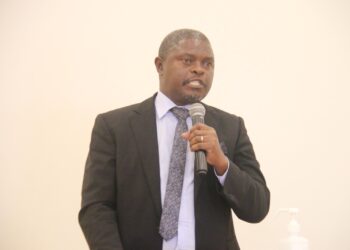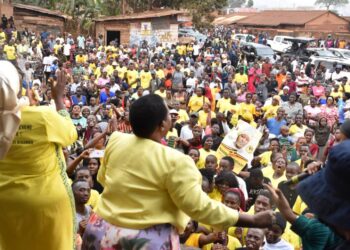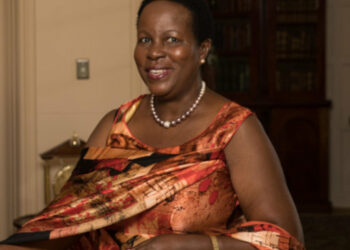As we approach another World Aids Day, the sobering reality is that Uganda’s fight against HIV/Aids is losing the vigor it once had.
While our national prevalence rate hovers at 5.1%, in Kassanda District where I work, paints an even grimmer picture with a 5.9% prevalence rate. This figure, coupled with alarming trends in areas like Southern Buganda districts such as Rakai, Masaka etc, where rates soar as high as 7.7%, tells a story of stagnation, if not regression.
The numbers are clear, but what lies beneath them is more troubling. Uganda, a global success story of the 1990s in curbing HIV, risks losing that hard-earned reputation. Why are infections rising even as Anti-Retroviral Therapy (ART) services expand? Why is awareness waning in a district like Kassanda or my home town of Mukono, where the need couldn’t be more urgent?
What Happened to the Momentum?
During a recent District Aids Committee (DAC) meeting in Kassanda, several challenges stood out. Despite six fully accredited health centers offering ART and plans to add four more, gaps remain. The district aims to serve 10,720 people needing ART, yet only 10,600 are enrolled. A thousand lives may seem like a small gap, but in a fight where every life matters, it’s a chasm.
More concerning is the decline in awareness campaigns. The AIDS Control Program once rallied the nation with messages of hope and caution. These days, those messages are few and far between, drowned out by competing public health concerns and dwindling donor funds. Without consistent messaging, the hard truths of HIV—its transmission, prevention, and treatment—fade from public consciousness.
Kassanda’s Unique Challenges
In Kassanda, gold mining and fishing communities around Lake Wamala are the epicenters of the epidemic. The transient nature of these livelihoods creates fertile ground for the drivers of HIV: multiple sexual partners, transactional sex, and early marriages. Social norms like widow inheritance and stigma around HIV status further complicate prevention efforts.
The absence of a dedicated HIV/Aids budget at the district level amplifies these challenges. While healthcare workers and community advocates are doing their best, they’re running on fumes. Imagine being tasked with saving lives without the resources to hold basic testing drives or awareness events. It’s demoralizing—and dangerous.
The Data Behind the Human Stories
The statistics are only half the story. The other half lives in the people affected. During my time in Kassanda, I’ve met mothers like Amina*, who contracted HIV after her husband inherited his late brother’s widow—a common cultural practice here. She didn’t know her status until her child fell ill. By the time she sought treatment, her health had deteriorated significantly.
Then there’s Peter*, a miner who, after years of unprotected sexual encounters at his worksite, now fears being tested. “What’s the point of knowing if I can’t change the past?” he asked me. This fear, rooted in stigma and misinformation, keeps the virus circulating silently in our communities.
What Needs to Change?
The solutions are not new, but they require renewed commitment. The DAC meeting outlined several actionable steps:
- Bring Back Awareness Campaigns: We need to flood communities with information again—on radio, social media, in schools, and marketplaces. People need to be reminded that HIV is not a death sentence, but ignoring it can be.
- Focus on Key Populations: Mining and fishing communities require targeted interventions. This includes bringing testing and treatment closer to these hotspots.
- Address Cultural Norms: Programs to educate communities about the dangers of practices like widow inheritance must be intensified. Religious and cultural leaders can play a vital role here.
- Secure Sustainable Funding: The fight against HIV can’t rely solely on donor goodwill. Kassanda, like all districts, must prioritize HIV in its budget. Even a modest allocation could fund life-saving campaigns and services.
A Personal Plea
As a father, I’ve seen firsthand how illness disrupts families. Watching a community member lose a parent to AIDS—or worse, seeing a child born with HIV because their mother lacked access to treatment—is heartbreaking. These are not statistics; they are our neighbors, friends, and family.
We cannot afford to lose this fight. Uganda once led the world in its response to HIV. Let’s not let apathy, stigma, or dwindling resources erase those gains. Kassanda, like every district, has the power to change its narrative. But it starts with each of us—leaders, parents, and young people—saying enough is enough.
This World Aids Day, let’s not just commemorate; let’s act. The fight is far from over, but together, we can win.
Do you have a story in your community or an opinion to share with us: Email us at editorial@watchdoguganda.com













